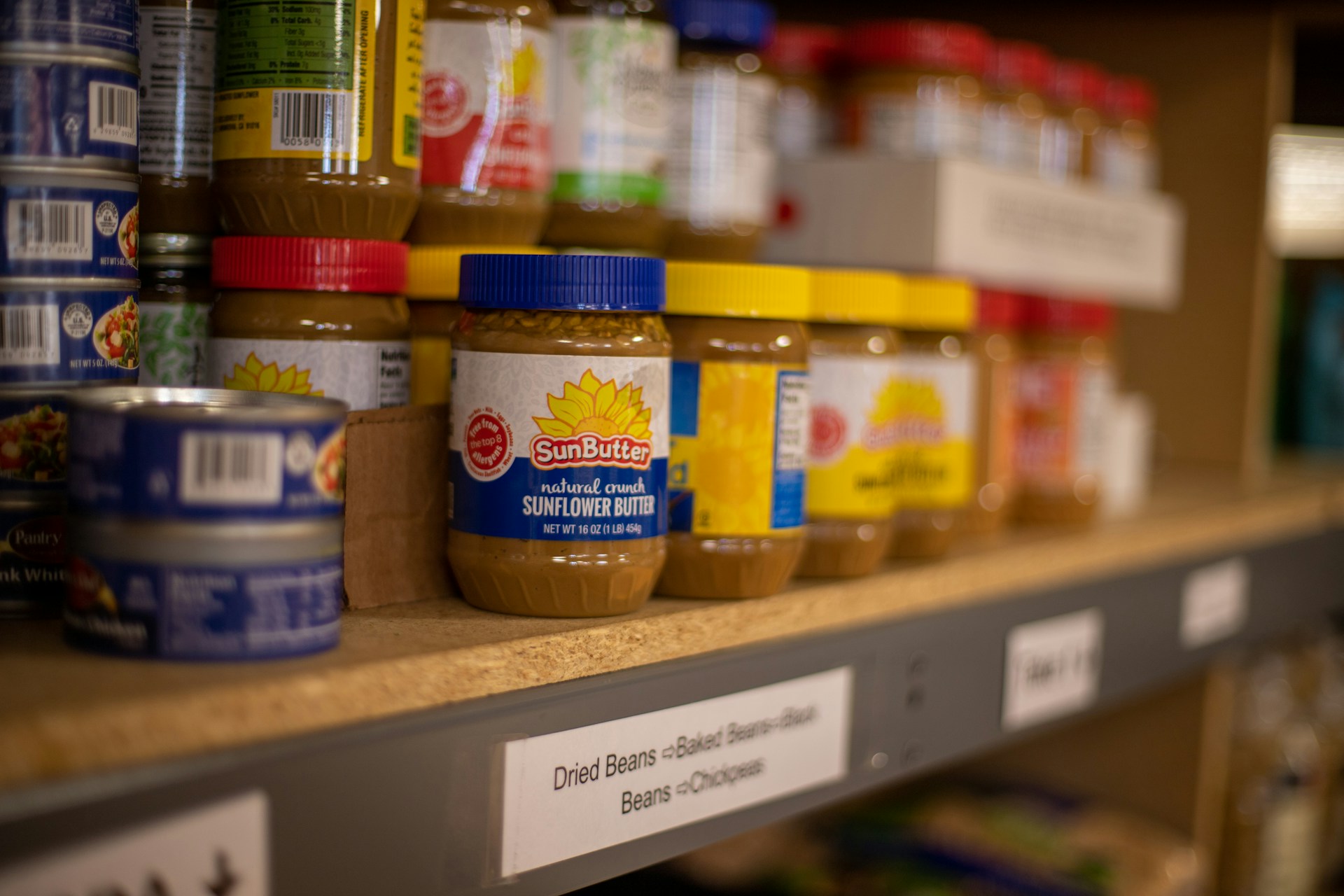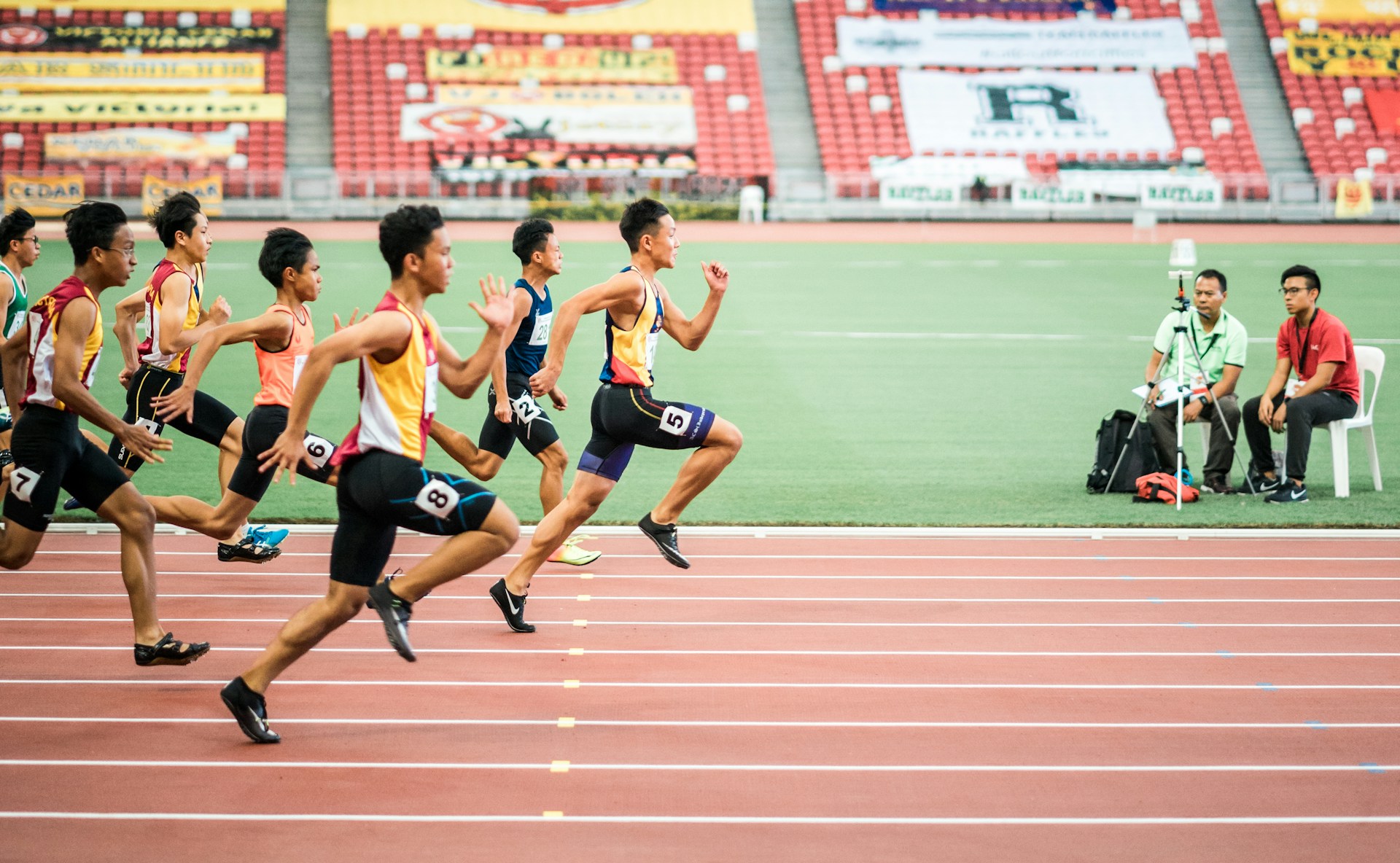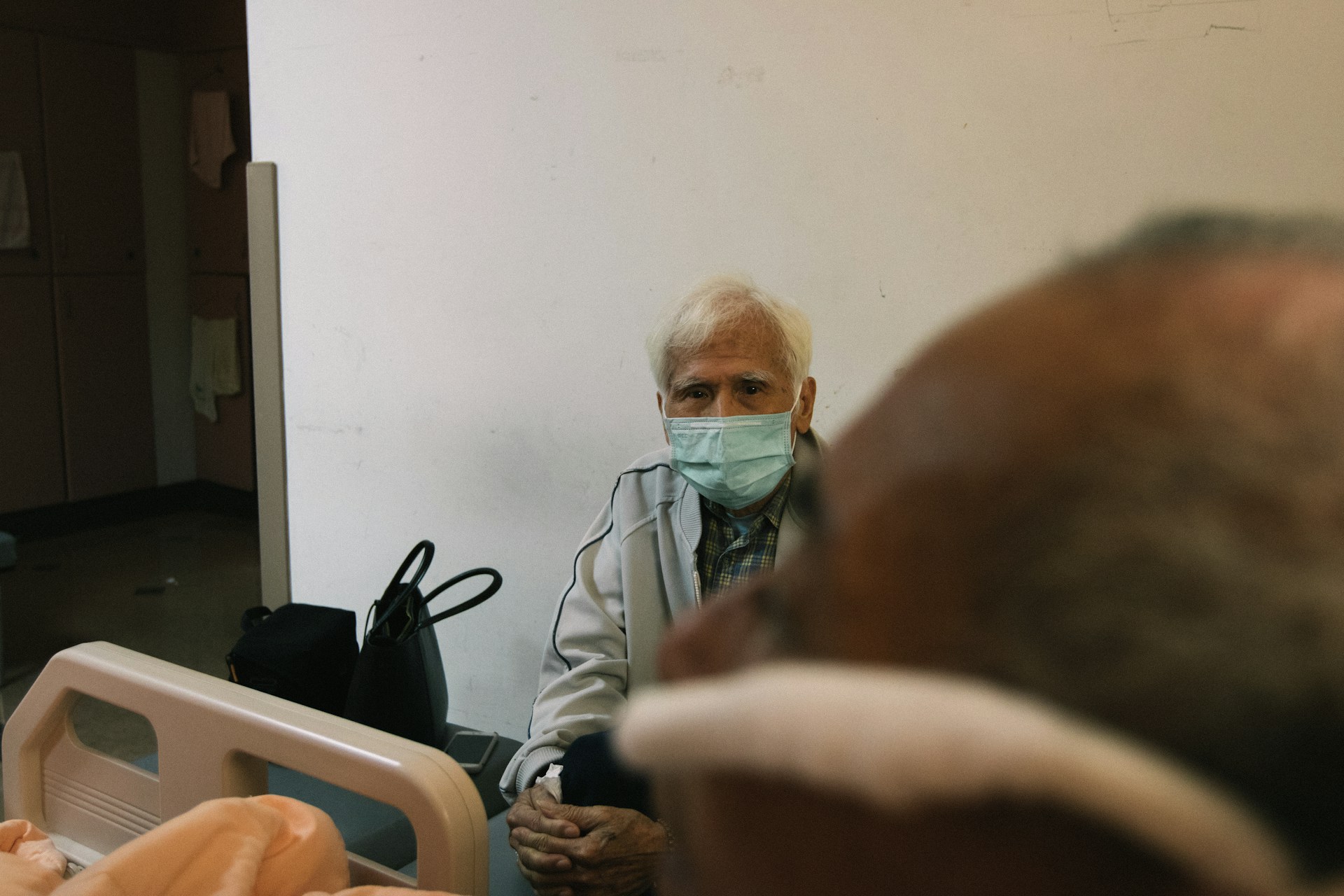Food Choice Motives among Workers during COVID-19 Pandemic in Jakarta
Downloads
Background: COVID-19 pandemic has affected many countries globally. This crisis may influent food choice motives due to the stressful events, prolonged duration of quarantine, lack of in-person contact, fears of infection, and financial loss. Meanwhile, food choice motives remain important as the basic information to form efficient and adaptable dietary intervention to maintain health and well-being, especially among workers to improve their productivity.
Purpose: To assess the food choice motives among office workers during the COVID-19 pandemic in Jakarta.
Methods: This was an online cross-sectional study on 290 workers aged 25-54 years old in Jakarta. Subjects were recruited through a consecutive sampling method. Food choice motives were assessed using a validated Food Choice Value questionnaire on January-February 2021. Its association with the sociodemographic characteristics was also being analyzed using Spearman, Mann-Whitney, and Kruskal Wallis test to get a complete picture.
Results: Safety has become important during this pandemic due to high concern on COVID-19 (p<0.001, r: 0.232). Older worker tend to give more concern on organic (p<0.001, r: 0.254), weight control/health (p<0.05, r: 0.124), and tradition motives (p<0.01, r: 0.161) in choosing food. Meanwhile, access was important to younger (p<0.001, r: -0.205) and single respondents (p<0.01). Married respondents were having significantly higher scores on organic motive (p<0.01). Females were putting more concerned about inconvenience (p<0.01). Tradition motive as the least one reported by the respondents was significantly related to income (p<0.05).
Conclusion: Concern on food safety has become the most important due to pandemic conditions. Different motives emerged among different sociodemographic characteristics.
WHO. Coronavirus disease (COVID-19). (2020). Available at: https://www.who.int/emergencies/diseases/novel-coronavirus-2019?gclid=CjwKCAjwyo36BRAXEiwA24CwGXhLlgs-M6NCcp955ZRxhf7qE9tiypDYVwQkFNSkNKmBxyBg6O1_pBoC7R4QAvD_BwE.
Gugus Tugas Percepatan Penanggulangan COVID-19. Infografis COVID-19 - Berita Terkini | Gugus Tugas Percepatan Penanganan COVID-19. (2020). Available at: https://covid19.go.id/p/berita/infografis-covid-19-22-agustus-2020.
Azhari, J. R. Jakarta Kembali Catatkan Kasus Covid-19 Tertinggi, Epidemiolog Nilai PSBB Transisi Gagal. (2020). Available at: https://megapolitan.kompas.com/read/2020/08/09/15150541/jakarta-kembali-catatkan-kasus-covid-19-tertinggi-epidemiolog-nilai-psbb.
Human Initiative. Situation Report #8 COVID-19 Pandemic. (2020). Available at: https://reliefweb.int/sites/reliefweb.int/files/resources/Sitrep-8-Pandemi-Covid-19_Human-Initiative.pdf.
Peraturan Pemerintah (PP) No. 21 Tahun 2020. (2020). Available at: https://jdih.setkab.go.id/PUUdoc/176085/PP_Nomor_21_Tahun_2020.pdf.
KMK RI Nomor HK.01.07/MENKES/328/2020 tentang Panduan Pencegahan Pengendalian COVID-19 di Perkantoran dan Industri. (2020). Available at: http://hukor.kemkes.go.id/uploads/produk_hukum/KMK_No__HK_01_07-MENKES-328-2020_ttg_Panduan_Pencegahan_Pengendalian_COVID-19_di_Perkantoran_dan_Industri.pdf.
Pergub 51 Tahun 2020 tentang Pelaksanaan PSBB Transisi.
GÅ‚Ä…bska, D., Skolmowska, D. & Guzek, D. Population-Based Study of the Changes in the Food Choice Determinants of Secondary School Students: Polish Adolescents' COVID-19 Experience (PLACE-19) Study. Nutrients 12, 2640 (2020).
Pearl, R. L. Weight Stigma and the "Quarantine"15”. Obesity 28, 1180–1181 (2020).
Balanzá–Martínez, V., Atienza–Carbonell, B., Kapczinski, F. & De Boni, R. B. Lifestyle behaviours during the COVID"19 – time to connect. Acta Psychiatr. Scand. 141, 399–400 (2020).
Brooks, S. K. et al. The psychological impact of quarantine and how to reduce it: rapid review of the evidence. The Lancet 395, 912–920 (2020).
The International Labour Organization (ILO). Managing work-related psychosocial risks during the COVID-19 pandemic. (2020). Available at: https://www.ilo.org/wcmsp5/groups/public/---ed_protect/---protrav/--- safework/documents/instructionalmaterial/wcms_748638.pdf
Theodoridou, G. Food Consumption Patterns in Times of Economic Recession: Environment & Agriculture Book Chapter | IGI Global. (2020. Available at: https://www.igi-global.com/chapter/food-consumption-patterns-in-times-of-economic-recession/222384.
Shen, W., Long, L. M., Shih, C.-H. & Ludy, M.-J. A Humanities-Based Explanation for the Effects of Emotional Eating and Perceived Stress on Food Choice Motives during the COVID-19 Pandemic. Nutrients 12, E2712 (2020).
Lyerly, J. E. & Reeve, C. L. Development and validation of a measure of food choice values. Appetite 89, 47–55 (2015).
Asosiasi Penyelenggara Jasa Internet Indonesia. Infografis Penetrasi dan Perilaku Pengguna Internet Indonesia: Survey 2017. (2017). Available at: https://web.kominfo.go.id/sites/default/files/Laporan%20Survei%20APJII_2017_v1.3.pdf.
CNN Indonesia. Rata-rata Gaji Karyawan Turun Jadi Rp2,76 Juta karena Corona. (2020). Available at: https://www.cnnindonesia.com/ekonomi/20201105125732-532-566263/ratarata-gaji-karyawan-turun-jadi-rp276-juta-karena-corona
Williams, J. C. The Pandemic Has Exposed the Fallacy of the "Ideal Worker”. Harvard Business Review (2020).
Hamouche, S. COVID-19 and employees' mental health: stressors, moderators and agenda for organizational actions. Emerald Open Res. 2, (2020).
Ben Hassen, T., El Bilali, H. & Allahyari, M. S. Impact of COVID-19 on Food Behavior and Consumption in Qatar. Sustainability 12, 6973 (2020).
Pollard, J., Kirk, S. F. L. & Cade, J. E. Factors affecting food choice in relation to fruit and vegetable intake: a review. Nutr. Res. Rev. 15, 373–387 (2002).
Borsellino, V., Kaliji, S. A. & Schimmenti, E. COVID-19 Drives Consumer Behaviour and Agro-Food Markets towards Healthier and More Sustainable Patterns. Sustainability 12, 8366 (2020).
Lips, A. The Situation of Young People at Home During COVID-19 Pandemic. Child. Vulnerability J. (2021)
ILO. Youth and COVID-19: Impacts on Jobs, Education, Rights and Mental Well-Being Survey Report 2020. (2020). Available at: https://www.youthforum.org/sites/default/files/publicationpdfs/Youth-and-COVID-19-Survey-Report_English.pdf
Xie, X., Huang, L., Li, J. (Justin) & Zhu, H. Generational Differences in Perceptions of Food Health/Risk and Attitudes toward Organic Food and Game Meat: The Case of the COVID-19 Crisis in China. Int. J. Environ. Res. Public. Health 17, 3148 (2020).
Flagg, L. A., Sen, B., Kilgore, M. & Locher, J. L. The influence of gender, age, education and household size on meal preparation and food shopping responsibilities. Public Health Nutr. 17, 2061–2070 (2014).
Kaya, I. H. Motivation Factors of Consumers' Food Choice. Food Nutr. Sci. 7, 149–154 (2016).
Phyllis, M. A Quantitative Study to the Underlying Motives for Food Choices: And How Do These Motives Contribute to Healthy Food Choices Among Dutch Young Adults? (Universiteit Twente, 2016).
Copyright (c) 2022 Amerta Nutrition

This work is licensed under a Creative Commons Attribution-ShareAlike 4.0 International License.
AMERTA NUTR by Unair is licensed under a Creative Commons Attribution-ShareAlike 4.0 International License.
1. The journal allows the author to hold the copyright of the article without restrictions.
2. The journal allows the author(s) to retain publishing rights without restrictions
3. The legal formal aspect of journal publication accessibility refers to Creative Commons Attribution Share-Alike (CC BY-SA).
4. The Creative Commons Attribution Share-Alike (CC BY-SA) license allows re-distribution and re-use of a licensed work on the conditions that the creator is appropriately credited and that any derivative work is made available under "the same, similar or a compatible license”. Other than the conditions mentioned above, the editorial board is not responsible for copyright violation.












































